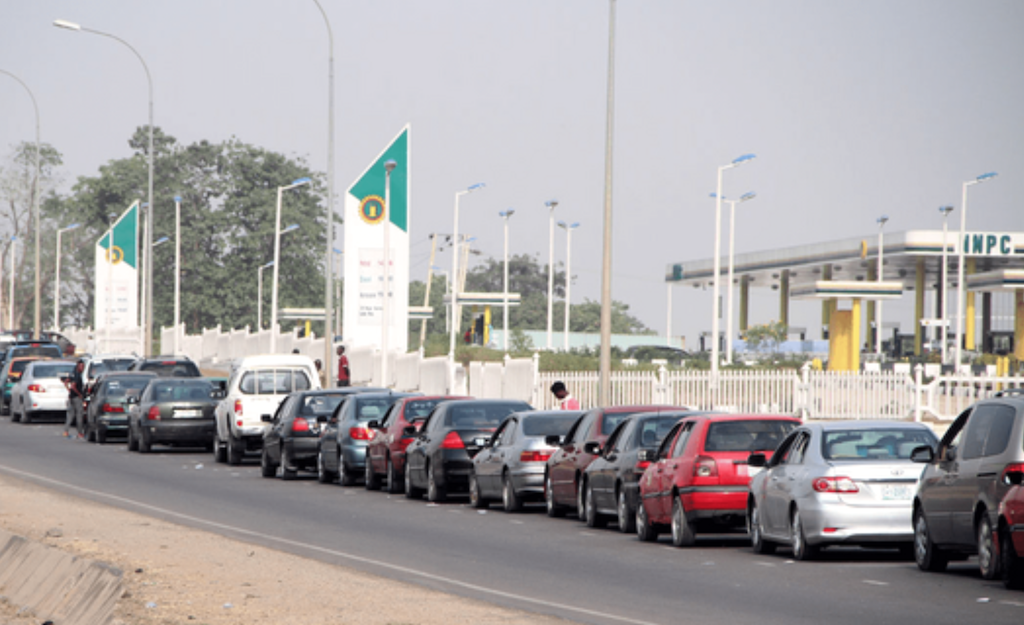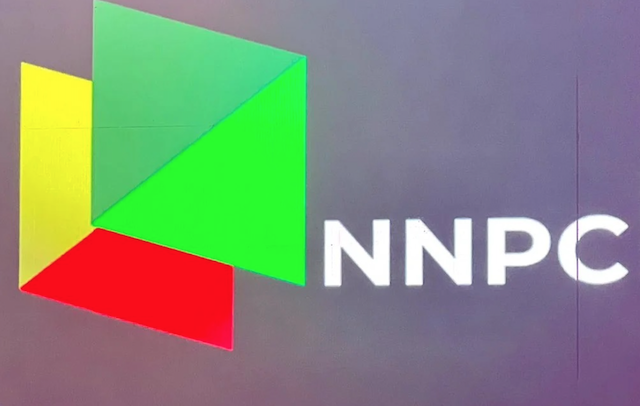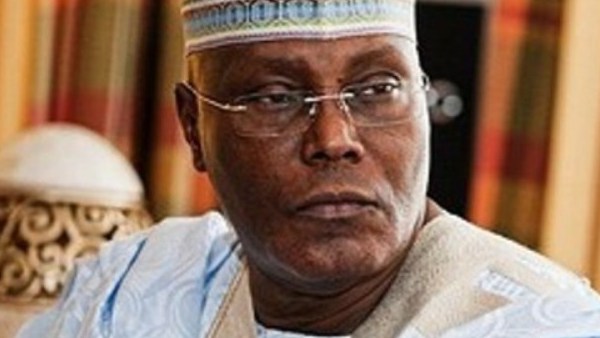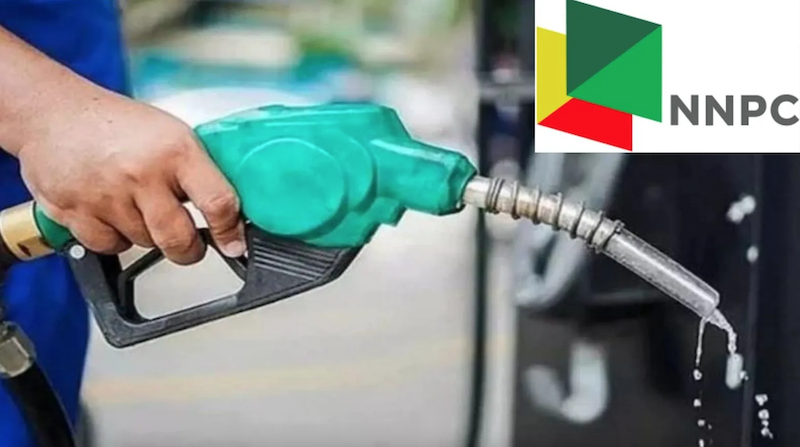On Sunday, 1st of September 2024, the Nigerian National Petroleum Company (NNPC) Limited prepared Nigerians for sleepless nights after releasing a terse statement conceding financial constraints, and as a result, cannot guarantee sustainable fuel supply across the country.
The statement released by NNPC Limited, signed by its Chief Corporate Communications Officer, Olufemi Soneye, quickly sent a signal that the Nigerian government-owned oil firm is scheming to hike the pump price of petrol once again.
The statement reads in part: “NNPC Ltd. has acknowledged recent reports in national newspapers regarding the company’s significant debt to petrol suppliers. This financial strain has placed considerable pressure on the Company and poses a threat to the sustainability of fuel supply”.
As a result of the financial strain, NNPC, hitherto the major importer of fuel in the country, disclosed that it would return to assuming its role as the supplier of last resort, quoting the Petroleum Industry Act (PIA). In line with this, the company noted it would rather “collaborate with relevant government agencies and other stakeholders to maintain a consistent supply of petroleum products nationwide”.
What is the implication? The statement released by NPPC implies that the company is pushing the responsibility of making the petroleum product available to independent marketers.
Note that NNPC in partnership with international oil companies export Nigeria’s crude oil to foreign countries for refining. The refined products, mainly Premium Motor Spirit (PMS), otherwise known as fuel or petrol and Automotive Gas Oil (AGO), popularly known as diesel, are then imported into the country by the same NNPC as the major importer, and a number of independent oil marketers.
Recall that President Bola Tinubu announced the removal of subsidy payments from PMS during his inaugural address on May 29, 2023. Subsidy payments had since been removed from AGO. The Chief Financial Officer of NNPC Limited, Alhaji Umar Ajiya recently explained the position of President Tinubu when he said “no marketer has received any money from the company by way of subsidy”. If the NNPC is well understood, the fuel subsidy deal is now operating between the federal government and NNPC Limited.
However, the NNPC in its audited financial statements for the year ended 31 December 2023 did note that the cost of importing PMS is usually much higher than the regulated price and that the burden for energy security reasons, and all associated costs, is on the federal government. The difference between the actual landing cost of the product and the regulated price is known as under recovery or shortfall or fuel subsidy, a deal that is now between the FG and NNPC.
Meanwhile, the administration has instructed NNPCL cannot sell petrol above a certain regulated price. Since some independent oil marketers import fuel into the country, how possible is it for them to sell petrol at the regulated price? The landing cost of petrol, we are made to know, as of July, is about N1,117 per litre and the official pump price is about N600 per litre. So, if the government is paying NNPC the shortfall for the regulated price of petrol, who pays the independent marketers the shortfall?
Notwithstanding, NNPC Limited revealed in its audited financial statements for year 2023 that the Nigerian government was yet to defray the sum of N4.8 trillion and that the government had only defrayed the sum of N649.4 billion, meaning the FG is owing the NNPC shortfalls, let alone marketers receiving compensation for under recovery.
The audited financial statements released by NNPC Limited reveal PMS under recovery and energy security expenses grossing N3 trillion for the year ended 31 December 2023. Meanwhile, a forecast by NNPC Limited had shown that the cumulative PMS under recovery from August 2023 will hit N6.884 trillion by December 2024.
So, where do we go from here? NNPC is the major importer of fuel. FG directed NNPC not to sell beyond a regulated price, with the FG bearing the cost of shortfall or under recovery. NNPC is not getting payment from the FG for the shortfalls; independent marketers are not receiving payment either. A number of other oil companies import fuel, but FG doesn’t pay them the shortfall, being paid NNPC. FG confirmed no marketer has been paid fuel subsidy for a very long time. So, there is no money exchanging hands with any marketer in the name of subsidy, if we should take the NNPC and the FG seriously.
The independent marketers must then sell fuel as determined by market forces and not as determined by any instruction of the FG. The market forces, being the landing cost of petrol and other operational costs involved in getting petrol to end users.
Taking the recent NNPC statement into cognisance, if the major oil marketer cannot guarantee sustainable fuel supply across the country, this leaves the burden of fuel supply to the independent marketers, which many have said will worsen the prevailing fuel crisis. As a result, there will be an astronomical hike in the pump price of fuel. If you do the maths, the pump price of petrol may shoot as high as N2,000 per litre. In all, the prevailing fuel scarcity in Nigeria is set to worsen, barring any last minute intervention by the FG.
Prevailing fuel queues have refused to cede to any intervention, especially in Lagos State and in Abuja, the federal capital territory (FCT), with the NNPC at one point, blaming the queues on the rainy season. As we cannot call out the Minister of Petroleum for the problems in the sector, we are left to blame natural disasters. But, there is no more natural disaster to blame by NNPC! Where do we go from here?




